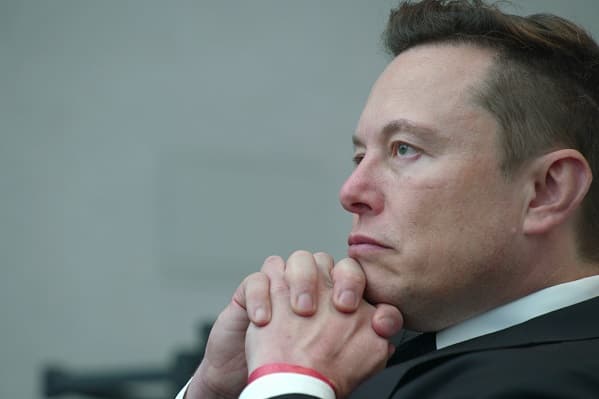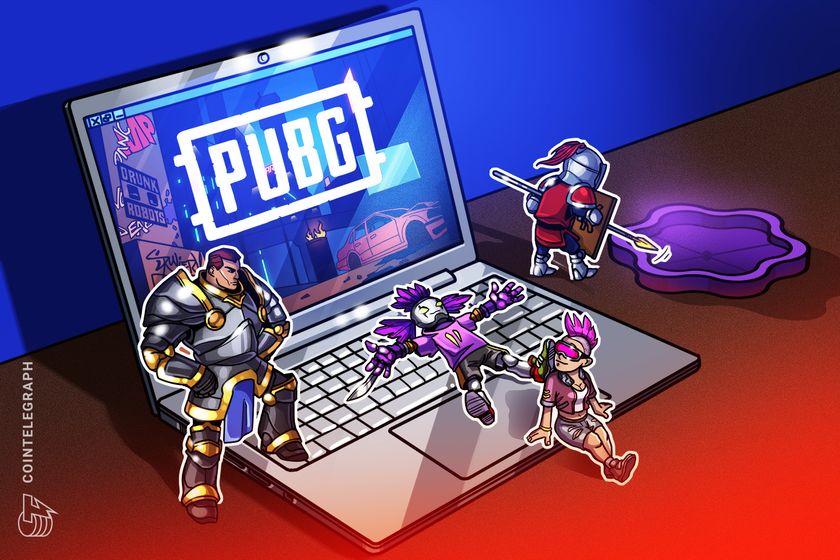Elon Musk has been wading in controversially with his views on British politics lately, and most of the public think this is having a negative impact on British politics according to Opinium’s latest poll.
Elon Musk launched a series of attacks on the UK government and Keir Starmer regarding the handling of grooming gangs.
Just under half (47%) of the British public find Elon Musk’s recent comments (respondents were shown the comments) to be unhelpful to public discussion on grooming gangs compared to around a quarter (26%) who think his comments have been helpful.
Musk has also used his own social media platform, X (formerly Twitter), to call for a replacement of Farage as Reform UK’s leader, despite a history of vocal support for the party. In contrast, 2024 Reform voters are strongly behind Farage, with 71% saying he is the best leader they could have now compared to 11% who think they could have a better leader.
Read more related news:
Elon Musk ridicules Starmer in a two word attack over the grooming gangs scandal
Overall, the majority of the British public think Elon Musk is having a negative impact on British politics (53%), with only 12% thinking he is having a positive impact and 16% thinking his is having a mix of positive and negative impact.
Additionally, the British public think Musk is having a negative impact on American politics (net negative -30%).
Grooming gangs
Overall, the public do not see any of the major political parties as having handled the grooming gangs’ scandal well. The current Labour government are thought to have responded badly to the issue now (-17% net approval), although the previous Conservative government are seen as having responded worse when the issue first came to light (-27%net approval).
Only narrowly do 2024 Conservative voters think their party responded well to the scandal when they were in government (+4% net approval). The current Conservative-led opposition’s response is not approved of by the public either (-11% net approval). Reform UK’s response is very narrowly approved of (+1% net approval), however a higher proportion of people responded, ‘don’t know’ (33%) when asked about them compared to other options.
As with his comments on Farage, Starmer and Jess Phillips, Musk’s response to the issue of grooming gangs, primarily through critical posts on Twitter/X, are mostly disapproved of by the public (-19% net approval), with the exception of 2024 Reform voters who approve (+25% net approval).
The public is divided on whether there should be a new national inquiry into grooming gangs. Just over a third (36%) think “A new inquiry will uncover the truth, ensure justice for victims, and prevent future exploitation of young people” while 28% think “We should prioritise local councils to hold their own inquiries and focus on implementing the existing recommendations from the last national inquiry.”
Views on NHS and social care
As the war on Twitter/X heats up, the British weather cools. This is partly to blame for a rise in influenza cases, putting additional pressure on health services.
The public disapproves of the Labour government’s handling of the NHS (-7% net approval) and adult social care (-16% net approval) thus far. This has strong party divides, with Labour voters being far more supportive than voters of other parties.
In contrast, the public is fairly optimistic that Keir Starmer’s ‘digital-first’ approach for the NHS will be beneficial, with 37% saying it will improve things compared to 19% who think it will worsen. A quarter (24%), however, don’t think it will make a difference, as well as not being sure (20%).
Despite this, the public are pessimistic about the ability of the current Labour government to deliver their recently announced targets for reducing backlogs, with 30% thinking they are achievable and 50% thinking they are not. Only Labour voters are optimistic these can be achieved (51% achievable), with voters from all other parties not believing these targets are achievable, most strongly Conservative and Reform voters (both 71% unachievable).
Adam Drummond, head of political and social research at Opinium said, “If you ask voters ‘should there be an inquiry into an important issue’ the answer will be ‘yes’. An inquiry sounds like doing something about the problem and doesn’t really consider opportunity costs.
“So it’s not surprising that the numbers are more nuanced when we put actual courses of action in front of people.
“36% think that a new inquiry into grooming gangs would uncover the truth and ensure justice, but 28% think we should prioritise local councils holding their own inquiries and focus on implementing the recommendations from the last national inquiry.
“Even among Reform voters only 58% choose a new inquiry while other parties are more evenly divided.
“One area of agreement though is a lack of enthusiasm about a foreign billionaire involving himself in British politics. When we put the actual words of what Elon Musk said about Keir Starmer and Jess Phillips in front of people, by 2 to 1 voters said this was not a helpful contribution to the discussion.
“By 4 to 1 voters say Musk is having a negative impact on British politics (53% to 12%). Reform voters are ambivalent (18% positive, 37% negative, 28% mixed), something that probably would’ve been different before he called for Nigel Farage to be replaced.”








